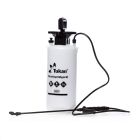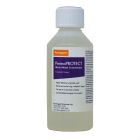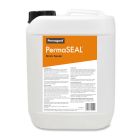Help & Advice Articles, Videos and How-to-Guides
Filter Articles
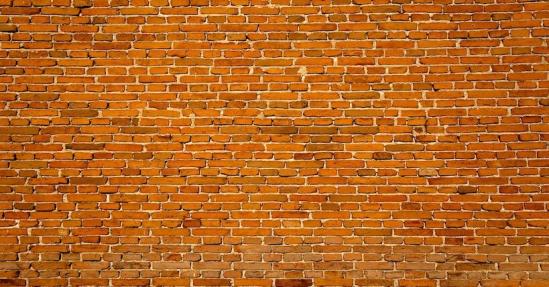
Pros and cons of sealing brick walls: mythbusting brick sealer
Brick sealer protects masonry and brickwork from damp. It works by sealing the brickwork to make it water-resistant. We’ve come across many questions and myths about this product - does it really work? Is it necessary? Is it safe for the building?
We take a look at brick sealer in greater detail, demonstrating why it’s important to consider a breathable brick sealer like our PermaSEAL sealer over plastic-based sealants. We look at how it works and how to use it and answer some of the common questions surrounding this product.
What is brick sealer?
Brick sealers are liquids that are applied to brickwork to protect it from moisture. Essentially, it ‘seals’ brickwork, making it impermeable to water. Different sealers work in different ways. Some create a plastic film that blocks water from entering, but this also prevents damp and moisture from escaping - trapping them inside the building.
PermaSEAL Brick Sealer is a water-based sealant with a special chemical formulation that lines the pores of brickwork and masonry with silane and siloxane without blocking them. This means they remain breathable, allowing moisture to escape. It still provides protection against rain and penetrating damp, but stops moisture from being trapped inside and causing problems. Our sealer also prevents moss and lichen from growing, adding another layer of protection against deterioration.
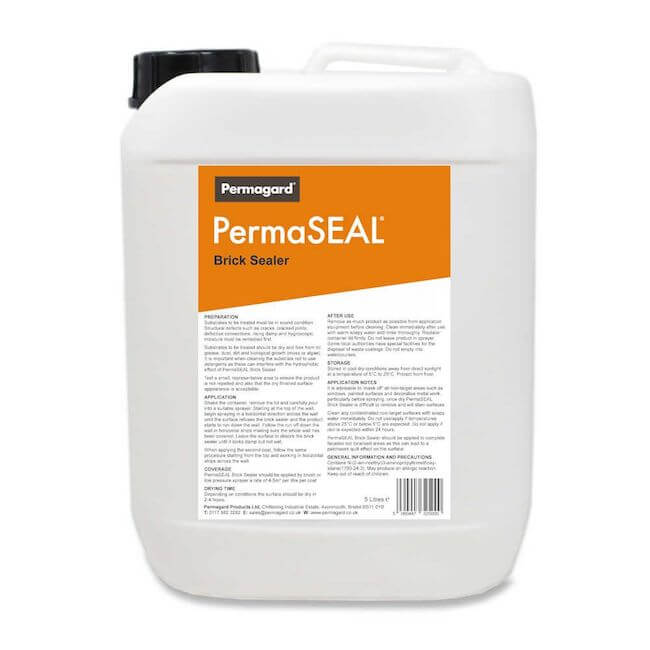
Do brick walls need to breathe?
Yes, it’s very important for brick walls to breathe. Brick is a porous material that naturally allows water vapour to pass. This ensures that moisture doesn’t become trapped inside the building, or the brick itself.
If moisture is sealed inside the brickwork, when it freezes and expands, bricks can spall, crack, flake or even blow, where the surface comes away. Even if it doesn’t freeze, trapped moisture will degrade the brick.
Internally, if the moisture and damp can’t escape, you’re far more likely to suffer from condensation issues like mould and mildew. This can damage wall finishes and furniture and cause health problems.
This is why it’s important to choose a sealer that allows your bricks and masonry to breathe.
Is sealing bricks a good idea?
Applying a waterproof sealer to brickwork helps to protect it. However, it might not be necessary for every facade. Some brick and masonry will already be repelling moisture effectively, particularly if it’s sheltered by another part of the structure. But, by using brick sealer you’ll be creating a fully dry wall that provides a thermal benefit - keeping your home warmer. It can also prevent organic growth, providing protection even if the section of wall isn’t affected by penetrating damp.
Mythbusting brick sealer: your FAQs
As a relatively new way of protecting bricks and masonry from damp, there’s a lot of misinformation and questions surrounding brick sealer. We tackle some of the most frequently asked questions and how they relate to PermaSEAL Brick Sealer.
Is waterproofing brickwork a good idea?
Waterproofing brickwork ensures it’s protected against rain and penetrating damp. In turn, this prevents issues like mould inside your home. By stopping moisture from penetrating the brickwork, you’re less likely to suffer from issues of high heat transmission, caused by cold walls. With these benefits in mind, waterproofing brick is a good idea as long as you ensure you’re using a breathable sealer.
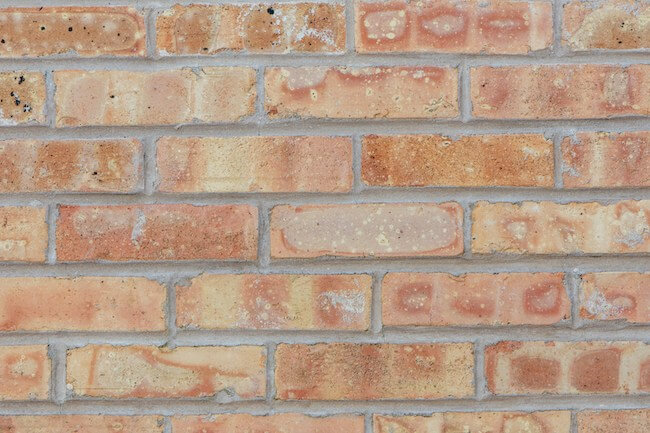
How long does brick sealer last?
How long brick sealer lasts depends on the product. Some last just a few years, but if you use our PermaSEAL Brick Sealer you’ll be protected for 10+ years. This is because the highly effective formulation penetrates deep into the brickwork and lines the pores with silane and siloxane.
When should I apply brick sealer?
To allow the brick sealer to cure properly without being washed off, you should wait for a dry day before applying. Don’t apply if temperatures are below 5°C or above 25°C. In warmer temperatures, try to avoid applying during the hottest hours of the day and when the sun is shining directly onto the brick.
Is brick sealer breathable?
Whether brick sealer is breathable depends on the manufacturer. That’s why it’s so important to choose a quality product. PermaSEAL Brick Sealer uses hydrophobic chemicals that ensure effective water repellency and breathability by lining the pores of the brickwork without blocking them. This allows moisture to pass through, retaining the wall’s natural breathability.
Do you need to clean the brick before sealing?
Before sealing brick, you need to ensure the surface is clean. This includes removing any oil, grease and paint, as well as any biological growth like moss and algae. You can use PermaPROTECT Mould Wash Concentrate to remove organic growth. You should also repair any pointing, if necessary, before sealing.
Do I need to seal brick before painting?
Paint isn’t waterproof, so painting over brickwork won’t provide the same protection as a brick sealer. However, painting does interfere with PermaSEAL Brick Sealer, so you can’t paint over it once you’ve applied it to your wall.
You also can’t seal painted brick. You’ll need to make sure that all paint layers are removed before sealing your brickwork.
Is brick sealer the same as stabiliser?
No, brick sealer is not the same as a brick stabiliser. Both are applied to brickwork and masonry to provide protection, but they have different functions. Stabiliser is used on brickwork and masonry to bind any loose material together and create a base that paint can adhere to. As we’ve discussed, brick sealer makes brickwork water-resistant but doesn’t bind the surface.
Can you seal spalling brick?
Spalling needs to be fixed before brickwork can be sealed. You’ll need to replace the affected brickwork before applying PermaSEAL Brick Sealer.
Does it leave a finish?
PermaSEAL Brick Sealer dries with a natural matt finish that won’t impact the appearance of your exterior walls. It’s always recommended to test on a small, inconspicuous area to make sure the finish is right.
How to tell if brick is sealed
Because it dries with a natural finish, it can be difficult to tell if a brick has been treated with our sealer. Seeing if water beads when the wall gets wet, or if it dries out quickly rather than retaining the water will be an indication that it has been sealed.
How to seal a brick wall
Brick sealer is easy to apply. Its liquid format means it can be sprayed, brushed or roller applied. Two coats are needed to deliver optimal protection - our 5L container should cover 10-12.5 m2 and our 15L container should cover 30-37.5 m2.
Before applying, it’s worth testing on a small area to make sure it impregnates the surface and isn’t repelled.
You should wait for a dry day. Start by preparing the wall, repointing and preparing cracks when necessary and cleaning the surface. Protect windows and doors by covering them.
Our sealer is best applied with a sprayer. Shake the container and pour it into the sprayer. Begin spraying in a horizontal direction from the top of the wall until the sealer begins to run down the wall. Follow the wall downwards, ensuring that you’ve covered the whole surface.
Leave it to absorb until it looks damp rather than wet.
Apply the second coat using the same process as before. Clean any overspray or contamination with warm water.
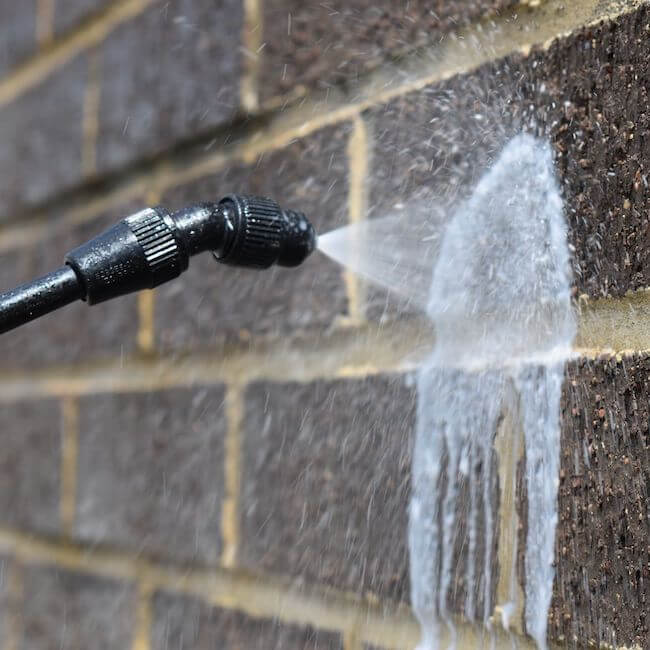
Permagard: Brick sealer specialists
At Permagard, we have over 35 years of experience in the damp proofing and waterproofing market. We know what works and what doesn’t, and our products are designed using this expertise to be truly effective. Our PermaSEAL Brick Sealer provides long-lasting protection for your brickwork and masonry, providing water resistance and retaining breathability.
- PermaSEAL Brick Sealer - Available in 5L and 15L containers.
- PermaPROTECT Mould Wash Concentrate
- Pressure Sprayer - Tukan 5L
- Safety Goggles
If you’re still unsure if brick sealer is the right solution for you, or you’d like any more information about using this product, get in touch with us by emailing [email protected] or calling 0117 982 3282.

